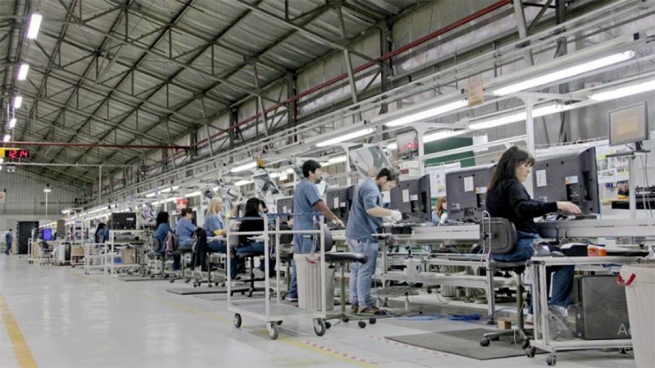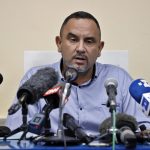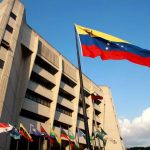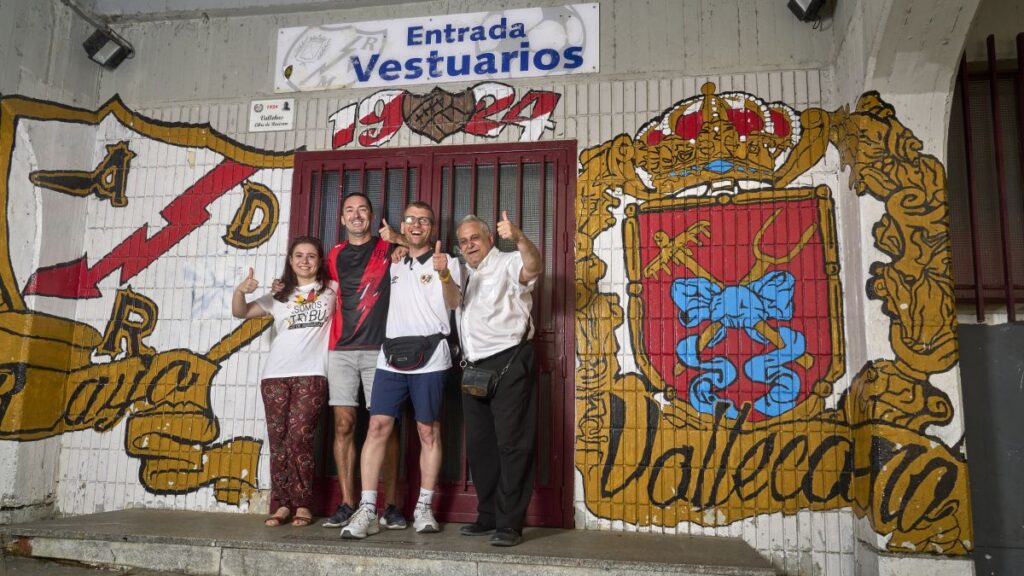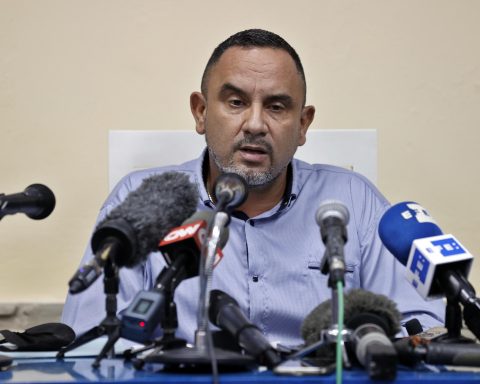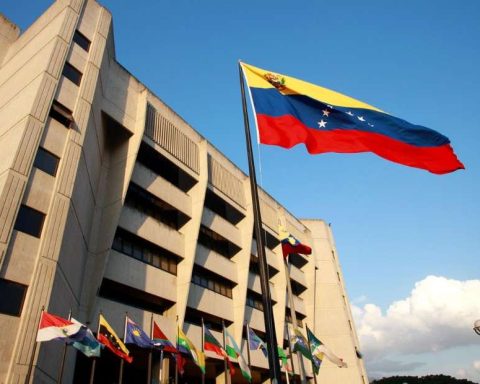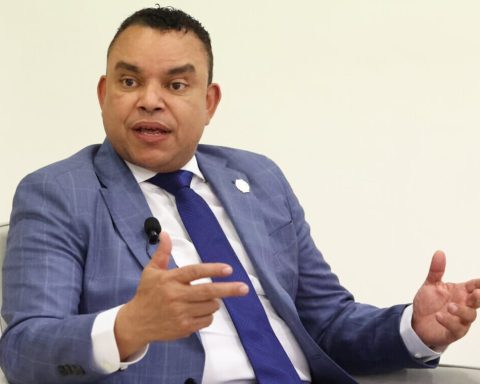The coordinator of Productive Argentina 2030Daniel Scheingart, exposed on the progress and objectives of the plan two months after its presentation and affirmed that the initiative could continue beyond the changes of government of the next eight years, with the consensus with “different productive actors” and “other political forces”.
Speaking to Télam, Schteingart referred to his rRecent appointment as head of the National Development Council and highlighted the experience gathered in the forums held in various locations in the country.
Schteingart also assessed the ten “missions” of the plan, with goals for the next eight years of creating two million jobs, 100,000 businesses and reducing the number of poor by nine million.
Télam: Two months after its presentation, what is your evaluation of the Argentina Productiva plan?
Daniel Scheingart: We are very happy, we held open federal forums in various provinces, in which we met with more than 230 representatives of strategic sectors such as software and knowledge economy, food, satellite and forestry. We seek to generate long-term consensus based on dialogue with different types of actors, such as those from production, work, academia, local governments and public institutions.
The forums will continue in provinces where we have not yet been, addressing other issues such as export development, biotechnology, health industries, industry 4.0, the green economy, industrial suppliers for primary-based chains and the modernization of sectors traditional industrial.
They also launched ilong-term initiativessuch as the sanction of the new law that regulates medicinal cannabis, a new regime for the national production of capital goods, the Mining Table Open to the Community -to build a shared view of the mining of the future-, lines of financing for $70,000 million for export development and import substitution in SMEs.
The Ministry of Tourism launched initiatives for tourism development, such as a plan to attract digital nomads and the Natural Route. The Ministry of Agriculture announced the Sustainable Irrigation Plan to 2030 and in turn a new regulatory framework was presented to attract investments in energy.
T: What are the steps to follow until the presentation of the final work of the plan in March 2023?
SD: We are going to continue touring the provinces with open federal forums and discussing with companies, workers, representatives of business chambers, academics and local officials how to improve and implement productive missions. The Plan is divided into 10 main areas of work, which have to do with promoting the green economy, health industries, mobility of the future, food production for the 21st century, production chains from the primary sector, digitization, export development or modernization of traditional industrial sectors, among others.
Then will come the task of synthesis and drafting of the Plan. We estimate that we will have a first version by the end of the year and a definitive version by the beginning of 2023.

T: What guarantee of continuity does the plan have, beyond the political identity of the future governments, if previous initiatives that could not prosper are taken into account?
SD: We aim to build consensus both with different productive actors and with part of other political forces, which allow the policies that the Plan proposes to have continuity over time. It was well received both in the private sector and even in some leaders of other forces with whom we have talked. Of course we are open to incorporate new proposals and improvements.
We are a country where it is possible to implement state policies. A specific case is that of software. The sector was first promoted with a law in 2004, with the government of Néstor Kirchner. It grew and grew during the Kirchner years. Then, during the previous government, it continued to grow and a new law was created. In 2020 it was improved with the knowledge economy regime. The consequence of all this is that formal employment in the sector continues to break records and the number of companies in the sector also grows and grows. If we did that with software, why can’t we do the same with other production complexes?
T: What role will you play at the head of CONADE XXI?
SD: The XXI Century National Development Council intends to provide a better institutional framework for the planning of productive development, implementation and monitoring of the Productive Argentina Plan 2030. It will absorb and centralize initiatives currently in force such as the Center for Production Studies (CEP-XXI) and the Council for Structural Change.
We want to sustain and improve the work carried out in these years, with new challenges, such as the multiplication of planning capacities in productive matters, the creation of productive maps that allow better territorial development policies to be delineated or the more detailed follow-up of the productive policies that other countries implement. All this is added to what we have already been doing, such as studies and analyzes on productive sectors, identification of new sectors with potential, and generation of large databases on the Argentine productive sector.
